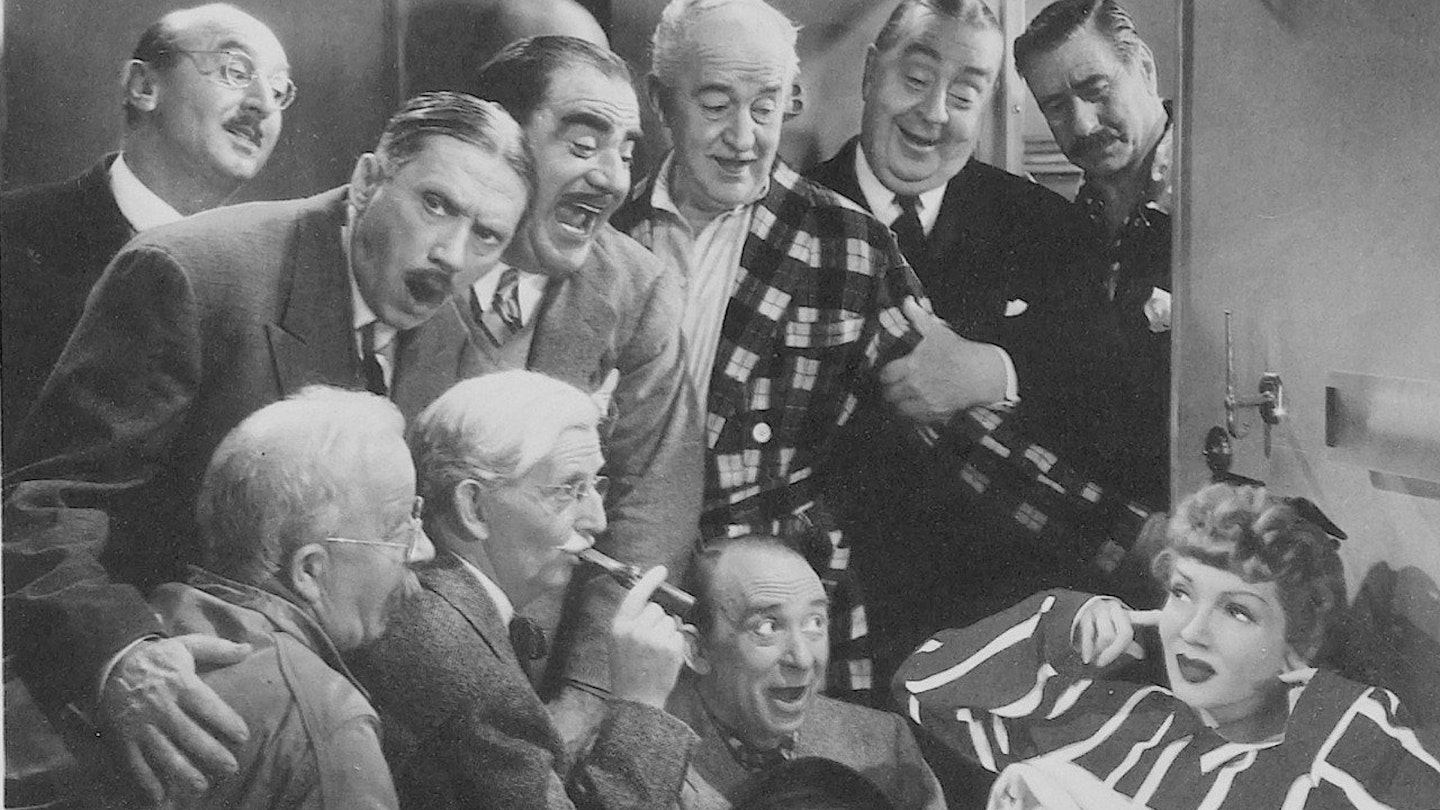With the critics purring over *The Lady Eve *and *Sullivan's Travels ready for release, Preston Sturges considered making another Veronica Lake comedy (eventually directed as I Married a Witch by René Clair) before embarking on a screenplay about ambition, greed and `the aristocracy of beauty'. Once the Breen Office had rejected the title, Is Marriage Necessary?, the project was known as Is That Bad? *during pre-production and its blend of screwball, satire and farce owed a debt to such French playwrights as Molière and Feydeau, whose Le Mariage de Barillon bore more than a passing similarity to Sturges's endlessly amusing round of musical partners.
However, a chance visit to the pictures prompted Sturges to rework his scenario, as Rudy Vallee's performance in the minor musical comedy Time Out For Rhythm inspired the creation of J.D. Hackensacker III and his man-mad sister, Princess Centimillia. Despite disliking her part intensely and finding Sturges an impossible director to please, Mary Astor excelled as the much-married vamp and together with Vallee comes close to stealing the film from nominal stars, Claudette Colbert and Joel McCrea. Indeed, it's their reaction to the revelation that Tom and Gerry are spouses not siblings that enables Sturges to get away with the wonderfully contrived denouement, in which the Jeffers summon up conveniently eligible identical twins.
Sturges studded the action with autobiographical references, none more amusing than Colbert's train-board encounter with the Ale and Quail Club, whose gleefully boorish antics culminated in their carriage being uncoupled and abandoned in the middle of nowhere. The rascally membership included such stalwart members of the Sturges stock company as William Demarest, Robert Grieg and Roscoe Ates and their typically polished comic contribution was matched by the unsung Franklin Pangborn, as the hotel manager, and Robert Dudley, as the splendidly named Wienie King.
Designed to provide wartime audiences with a madcap escape from the bad news emanating from the Pacific, this remains among Sturges's most consistently hilarious romps.
